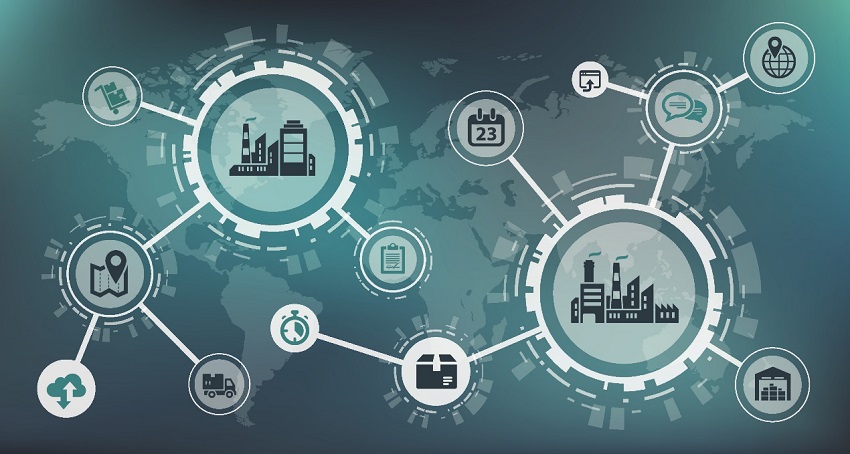The interconnectivity of devices, equipment and all corresponding operations provided by the Internet of Things (IoT) is taking over today’s manufacturing operations and playing a transformative role in industries around the world. This is critical as our global economy grapples with the coming post-COVID-19 surge in consumer spending and historic labor shortages.
Industrial IoT is the application of the Internet of Things in factories and process facilities that takes efficiency, reliability, and performance to the next level. It operates on the concept of feedback loops, through which the operating status of machines, equipment and production systems is continuously fed back into the complex systems and processes that produce finished goods. Industrial IoT can provide manufacturers with new business opportunities, cost savings, and improved machine monitoring and maintenance. Industrial IoT solutions already offer endless benefits to modern manufacturers.

Here are nine benefits of Industrial IoT deployment:
Production system sensing and monitoring: At the heart of Industrial IoT solutions is continuous communication between systems and machines, ensuring optimized throughput and real-time identification of machine defects.
Manufacturing process optimization: Machines and equipment equipped with sensors and managed through IIoT systems can monitor conditions, equipment, and workflows such as machine performance, assembly line management, supply chain optimization, workforce safety, or quality assurance processes for optimization.
Optimize quality: It instantly solves problems on the production line, reducing downtime, lost productivity and product defects. Industrial IoT devices are programmed to monitor material quality, analyze equipment performance in real time, and measure and test finished products.
Predictive maintenance: More than 75% of equipment and system failures occur without notice. Through the Industrial Internet of Things, preventive maintenance combines analytics to predict equipment failures.
Energy management and sustainability: Industrial manufacturing consumes 54% of the world’s electricity. Manufacturers using the Industrial IoT can significantly improve energy efficiency by optimizing energy consumption.
Inventory and supply chain management: Data, analytics, insights and contextual intelligence enable inventory systems to operate seamlessly, resulting in more accurate estimates of available materials, work-in-progress and expected arrival times of new materials, which helps optimize supply chains and reduce costs.
Worker safety and health: Smart wearables enable managers to monitor the health and safety of production workers by tracking the history of illnesses and injuries, absences, near misses, machinery or vehicle accidents, or life-threatening events such as gas leaks.
Service contract compliance and performance: Industrial IoT enables real-time data visibility so both equipment manufacturers and users can identify risks and issues as they arise.
Customer Service Levels and Satisfaction: Sensor-equipped production systems and inventory give customers near real-time visibility into the progress of their orders. Sensors provide insights into customer usage that can help manufacturers improve functionality, alert customers to issues and bottlenecks, and differentiate themselves from the competition.
